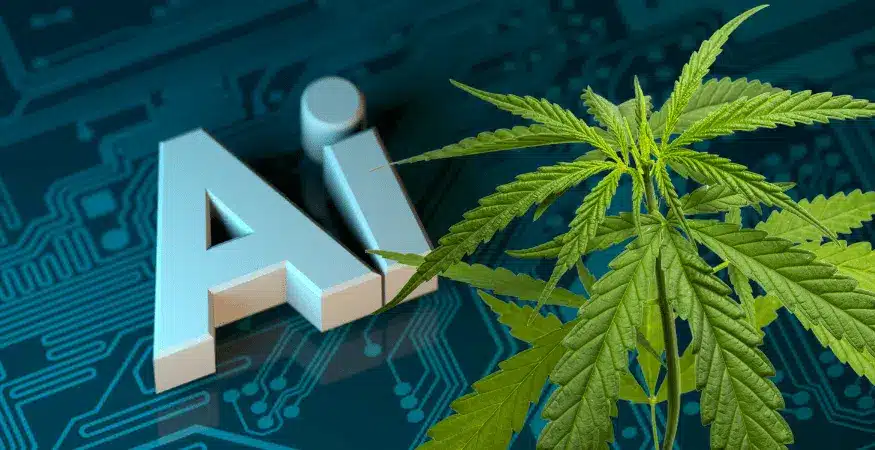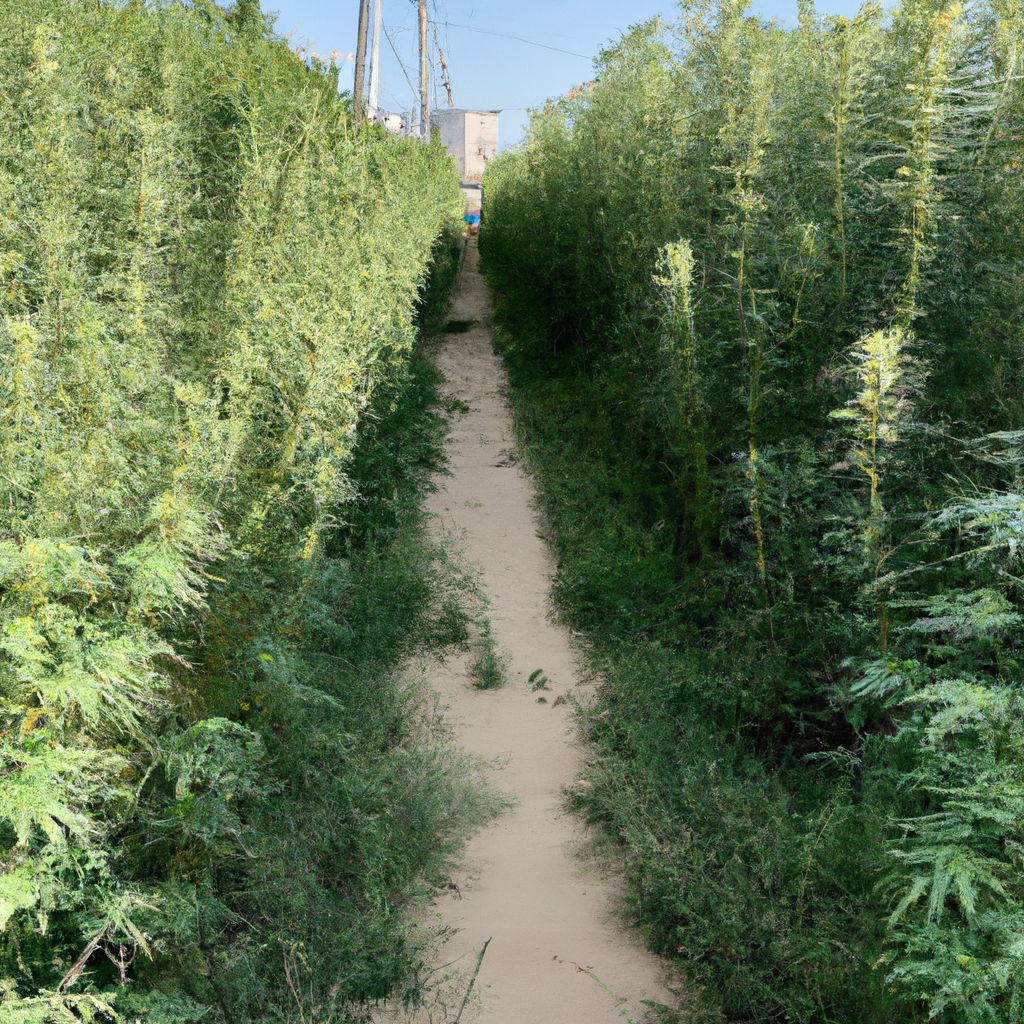
The Hemp Nation Group Unveils : GreenWeaver, A Multi-Platform AI Powerhouse for the Hemp & Cannabis Industry
Antwerp, Belgium – 2024/04/26 – The Hemp Nation Group (HNG) disrupts the hemp and cannabis industry with the launch of GreenWeaver, a comprehensive AI-powered platform designed to empower businesses and innovators. GreenWeaver goes beyond a simple search engine, offering a holistic solution with features accessible across web, server, and mobile applications.
A Multi-Platform Approach:
GreenWeaver recognizes the diverse needs of users within the hemp and cannabis industry. This is reflected in its multi-platform design:
- Web Version: Provides a user-friendly interface for core search engine functionality, market trend analysis, and basic module builder features.
- Server Version: Caters to established businesses, offering advanced functionalities like logistics optimization, warehouse automation insights, and real-time data analysis for sustainability assessments.
- Mobile Version: Designed for on-the-go access, the mobile app allows users to search for hemp-related resources, connect with industry professionals, and receive updates on the latest trends.
Beyond Search: The Power of GreenWeaver Add-Ons
GreenWeavers true potential lies in its expandability. A range of readily available add-ons cater to specific needs and preferences:
- Compliance Management Add-On: Assists businesses in navigating the evolving regulatory landscape of the hemp and cannabis industry.
- Networking and Collaboration Tools: Facilitates connections between businesses, fostering partnerships and knowledge sharing within the hemp community.
- Advanced Analytics Add-On: Provides businesses with in-depth data analysis on market trends, consumer preferences, and competitor insights.
The GreenWeaver Module Builder: Bridging Innovation
At the heart of GreenWeaver lies the groundbreaking GreenWeaver Module Builder. This unique platform utilizes a series of software bridging techniques, allowing users to:
- Adapt Existing Products: GreenWeaver facilitates the adaptation of existing products for hemp-based applications, promoting resource efficiency and innovation.
- Create Secure Virtual Pathways: The platform enables the creation of secure virtual connections between devices and systems, fostering seamless information exchange within the hemp ecosystem.
- Develop Physical Connectivity Solutions: GreenWeaver empowers users to design and implement physical pathways for smart connectivity, optimizing operational efficiency within hemp production and processing facilities.
Engines of Innovation:
The power of GreenWeaver lies in its sophisticated AI engines:
- Intelligent Search Engine: Utilizes advanced algorithms to scour the web, delivering relevant and up-to-date information on hemp-related products, services, and applications.
- Logistics Optimization Engine: Analyzes real-time data to calculate optimal transportation routes and costs, streamlining supply chains within the hemp industry.
- Sustainability Assessment Engine: Integrates energy usage data with environmental impact assessments, allowing businesses to make data-driven decisions for a greener future.
Marketing GreenWeaver AI: A Collaborative Approach
HNG recognizes the importance of a comprehensive marketing strategy to reach a diverse audience within the industry. The marketing plan will focus on:
- Industry Events and Conferences: HNG will showcase GreenWeaver at key industry events and conferences to generate awareness and foster collaboration.
- Targeted Online Marketing Campaigns: Utilizing social media and industry-specific online platforms, HNG will reach entrepreneurs, businesses, and investors interested in the hemp and cannabis industry.
- Content Marketing: HNG will create informative and engaging content that educates users about GreenWeavers features and benefits, while promoting the vast potential of the hemp industry.
Revolutionizing the Industry:
GreenWeaver is poised to revolutionize the hemp and cannabis industry. By offering a comprehensive suite of tools and resources across multiple platforms, GreenWeaver empowers businesses and innovators to navigate this dynamic market, optimize operations, and drive sustainable growth.
For more information about GreenWeaver , please visit the Hemp Nation Group website at portal.hempnation.one




